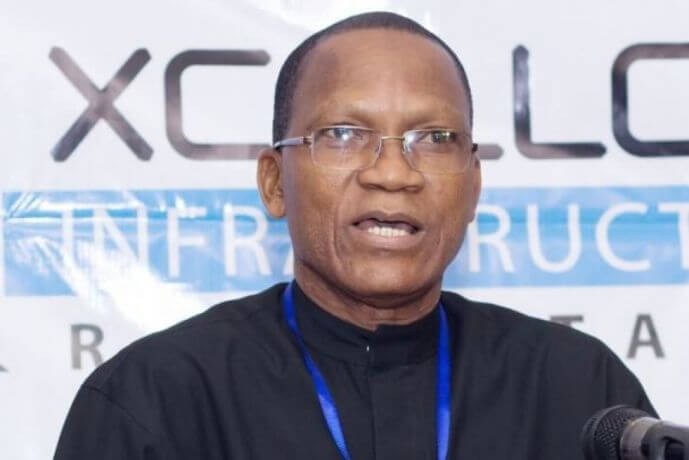Why Nigeria Must Borrow To Finance Infrastructure – Dr Abraham Nwankwo
If Nigeria wants to build world class infrastructure that will guarantee sustainable economic growth and development, it is imperative that the government must be willing to borrow to finance it and not depend only on budgetary allocation or the sovereign wealth fund.
This is the view of former Director General of the Debt Management Office, Dr Abraham Nwankwo.
Advertisement
According to estimates of the National Integrated Infrastructure Master Plan (NIPP), Nigeria needs to invest, on the average, about USD100 billion per annum for 30 successive years to sufficiently address its infrastructure deficit.
Dr Nwankwo, at a public speech he delivered recently on financing Nigeria’s huge infrastructure deficit, argue that given the existing resource constraint facing the country and the obvious lack of domestic fiscal space, the plausible source of a greater proportion of public sector capital injection must come from external borrowing.
He said the quantum of funds needed to cover the infrastructure deficit is quite huge at a time when available resources are not adequate for the established recurrent expenditure of government.
“Even with effective revenue and expenditure reform measures, up to the next five years, much of the improvements in revenue from such fiscal reforms would still be used up in recurrent expenditure, which for several years have been eating into borrowed money,
Advertisement
“In the modern market economy, private firms, as well as governments need to combine equity and debt in an appropriate ratio to be competitive and to grow adequately: that is, there is need for optimum leveraging or gearing; and,
“Public debt can be designed to be sustainable after the projected positive impact of the huge infrastructure investment and development, in terms of substantial and sustained boost of activities in diverse sectors of the economy,” he stated.
On why external borrowing is preferred to domestic borrowing for the big-push infrastructure funding at this time, he said the average cost of domestic debt is significantly higher than average cost of external debt.
“In the existing public debt portfolio, the ratio of domestic debt to external debt ratio is still far from the 60:40 mix recommended in Nigeria’s Medium Term Debt Management Strategy (2012-2015) formulated by the Debt Management Office – although some progress is being registered in the right direction,
“Given the existing high domestic interest rate structure, significant additional domestic borrowing would exacerbate the domestic debt service revenue ratio, which has already become unacceptably high.
Advertisement
“In order to avoid crowding out the private sector, government domestic borrowing should be minimized.”
Dr Nwankwo, an economist, debunked the argument that developing the domestic capital market is a solution to inadequate financing of infrastructure.
“While the development of the domestic capital market is not an arguable need for an economy, we consider that it is less than imaginative to suggest that the financing of Nigeria’s or any African country’s pressing infrastructure needs will have to wait until the domestic capital market is developed, “Rather, the proactive solution is to design a credible framework for safely accessing, and productively utilizing, the enormous pools of debt funds available in the external markets.”
While appreciating the concern of stakeholders skeptical about debt-financing, he said what was needed is a transformation plan that explains how infrastructure can be effectively financed with public debt to agitate economic growth without worsening the debt service situation.



